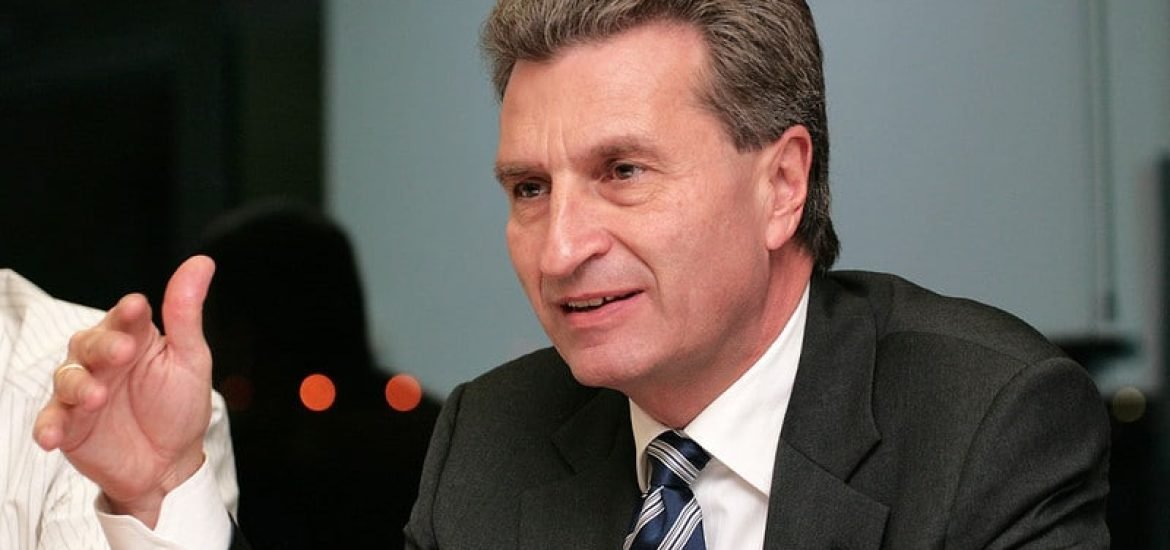
EU executive voices support for greater research and innovation funding as Brexit threatens funding shortfall.
The fight over the European Union’s spending in the 2020s has already begun. As the UK – a major EU budget contributor with yearly participation of €12 billion – leaves the bloc, major cuts to Brussels’ upcoming 2021 to 2028 budget are to be expected. The European Commission kicked off the debate on the next seven-year budget at a meeting on Monday, with Commission president Jean-Claude Juncker urging the remaining 27 member states to pay more – a request met with a lukewarm response at best.
The Commission is due to present its full proposal for the 2021 – 2028 multiannual financial framework in May. It has already said it wants to find “up to €10 billion a year” additional cash after Brexit to cover the cost of new tasks including initiatives for controlling migration, defence research and new climate change programmes. Therefore, the unavoidable cost-cutting required to make up for London’s departure and fund new programmes has underpinned fears that the EU would tap into its research and innovation budget.
Yesterday, the 28 EU Commissioners unanimously agreed to spare research spending cuts in the 2020s. Günther Oettinger, the Budget and Human Resources Commissioner ,called R&I investment a “priority for the future” and called for higher spending in the successor to Horizon 2020 – the financial instrument implementing the biggest EU Research and Innovation programme under which the EU is currently spending €77 billion.
All god news? Maybe, but it may yet be too soon to rejoice. Thomas Estermann, Director for Governance, Funding and Public Policy Development at the European University Association called for caution. “This is only the beginning of the discussion”, he said. There are genuine concerns that the same old divides between countries will crop up once again. Counties like Poland, Bulgaria and Hungary always defend the big regional development budget in the coming negotiations, while the French government is very likely to renew its historically hard-line defence of agricultural subsidies.
The Common Agricultural Policy and cohesion funding for poorer countries, two programmes that between them account for around 70 per cent of EU cash, “will have to tolerate cuts,” Oettinger said. “I want to make these [cuts] as moderate as possible. Not 15 or 30 per cent, but [certainly] below their current amount.” The German foreign minister, Sigmar Gabriel, was more direct about the need to reorganise the current investment schemes, saying, “We have to become more competitive. The gap between the US and Europe is enormous.”
This post is also available in: FR (FR)